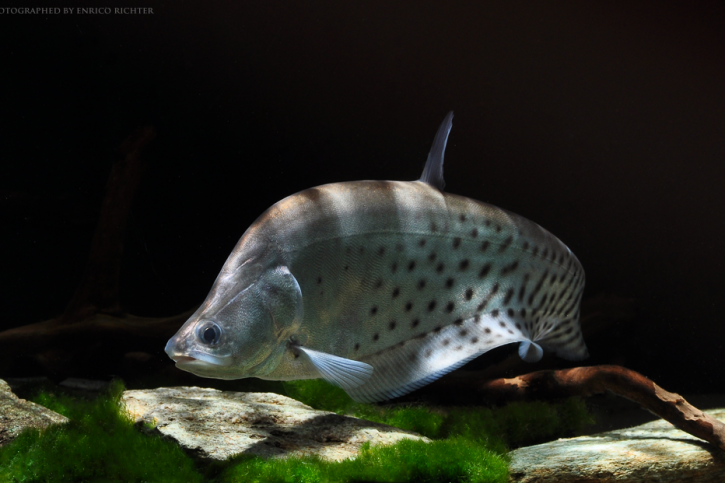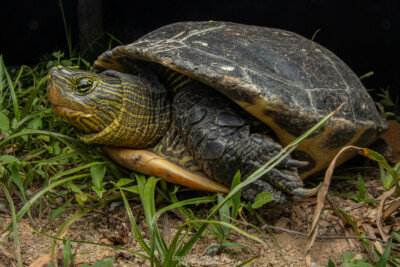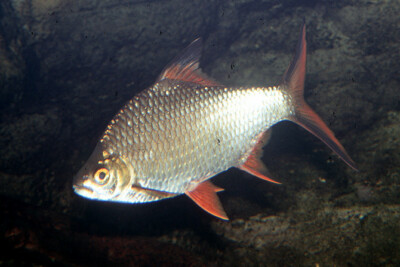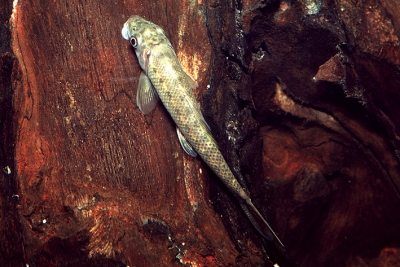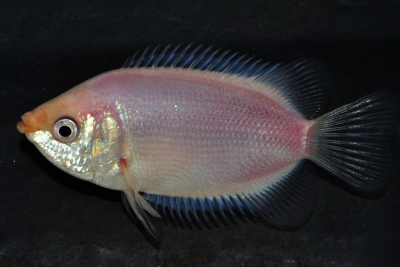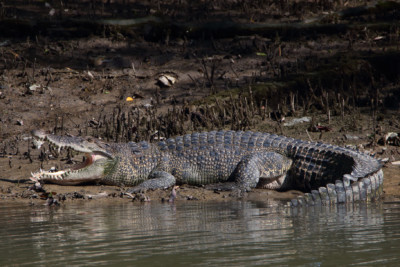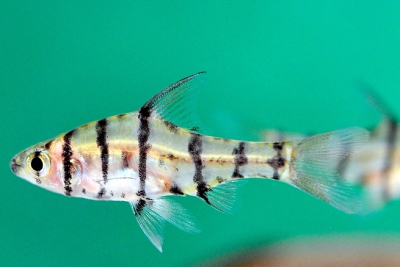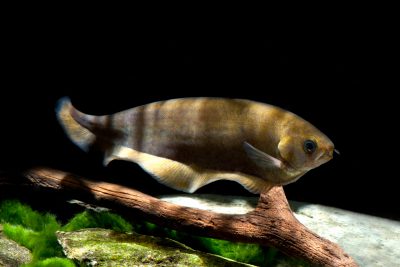ocellated featherback
| Scientific name | chitala ornata |
|---|---|
| Descriptor | Gray |
| Year of description | 1831 |
| IUCN category (World) | LC |
| Family | Notopteridae |
| Genus | chitala |
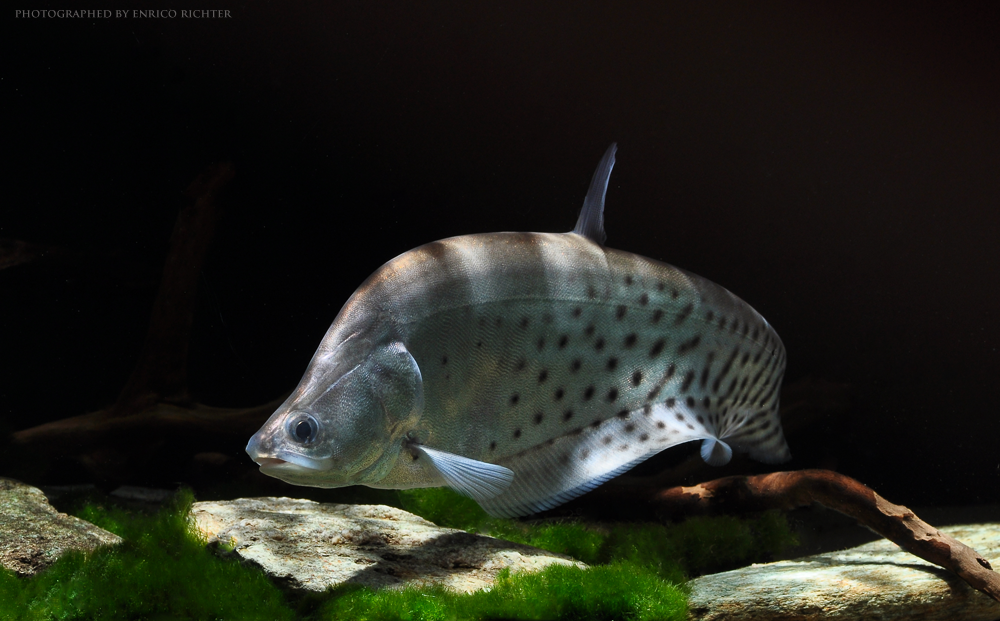

Introduction
chitala ornata, commonly known as ocellated featherback, is a fresh water fish from the Asia.
This sheet is currently being prepared. The texts currently proposed come from our data model or are being drafted. To request priority for this content, you can write to us HERE.
Who is it?
Morphology
-
Average size60 cm
-
Maximum size100 cm
-
Patterntasks
-
Average size60 cm
-
Maximum size100 cm
-
Patterntasks
How to recognize This fish ?
The ocellated featherback measures between 60 and 100 cm. This fish is unicolore with a predominantly argent body. The also has noir tasks.
Behaviour & Life cycle
-
dietcarnivorous
-
Sociabilitysolitary
-
territorialYes
-
Way of livingnocturnal
The ocellated featherback is a fish solitary naturally found at mid-depth. This species is carnivorous . This fish lives mainly at night. Usually, it leaves its hiding place and starts to be active once it gets dark.
The ocellated featherback is a territorial animal that does not tolerate any incursions into its living area. It is particularly virulent against other territorial species and it can provoke heated fights. Relationships between conspecifics are also hectic, with each seeking to secure its place.
Reproduction
-
Reproductionovipare qui pond sur substrat découvert
The ocellated featherback is a fish ovipare qui pond sur substrat découvert. This fish protects its eggs from nearby predators.
Harmless species
This species does not represent any particular threats to humans when encountered in its natural environment.
Origin and distribution
What is its habitat?
Natural environment characteristics
-
Temperature24 - 28 °C
Biotope presentation
The acidification of water comes from the decomposition of plants. This phenomenon changes the color of the water, which tends to turn brown. In some areas particularly rich in organic matter, the water is so dark that it is called "black water".
The ocellated featherback is most often found at a depth between 0m and 5m. However, it is not impossible to find this species at other depths. This animal evolves in areas characterized by a strong presence of vegetation (aquatic and marsh plants, decaying organic matter, roots...).
Species of the same biotope
To go further
Sources & Contributions
Participation & Validation
The Fishipedia team and specialist contributors are committed to providing high-quality content. However, although the information comes from scientific sources or testimonials from specialists, the cards may contain inaccuracies.

Adrien Falzon
Translation
Translation done with the valuable contribution of our translators, who make this information available to a wider audience. We sincerely thank them for their commitment.
Scientific partners
Species of the same family
Species of the same biotope
